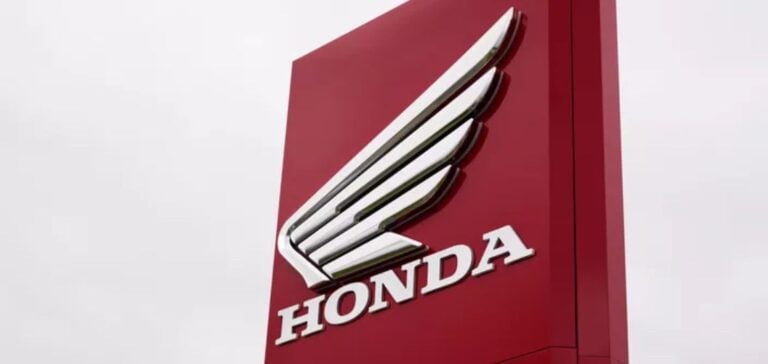Japanese automaker Honda has chosen Eastern Canada for its next major facility, an electric vehicle plant. The multi-billion-dollar plant will be located in Alliston, about an hour from Toronto. This decision was announced by a Canadian government source and will be made official on Thursday.
Contribution and expectations of local authorities
The agreement involves a partnership with the Canadian federal government and the province of Ontario, which will provide financial support to facilitate this investment. Echoing this commitment, Ontario Premier Doug Ford expressed his enthusiasm by declaring: “We have reached a new agreement. It will be the biggest deal in Canadian history. It will be twice as big as the Volkswagen deal”, comparing it to Volkswagen’s previous investment of C$7 billion.
Economic context and strategic implications
Honda’s initiative comes at a time when Canada is actively seeking to attract investment in the electric vehicle sector. The country highlights its tax incentives, access to clean energy and reserves of rare minerals. Justin Trudeau’s government also recently announced a new tax credit in the federal budget, offering a 10% rebate on new building construction costs for key segments of the electric vehicle supply chain.
The new Honda plant reinforces Canada’s electric vehicle strategy and marks a step towards a greener economy, with Honda planning to go fully electric by 2040.






















